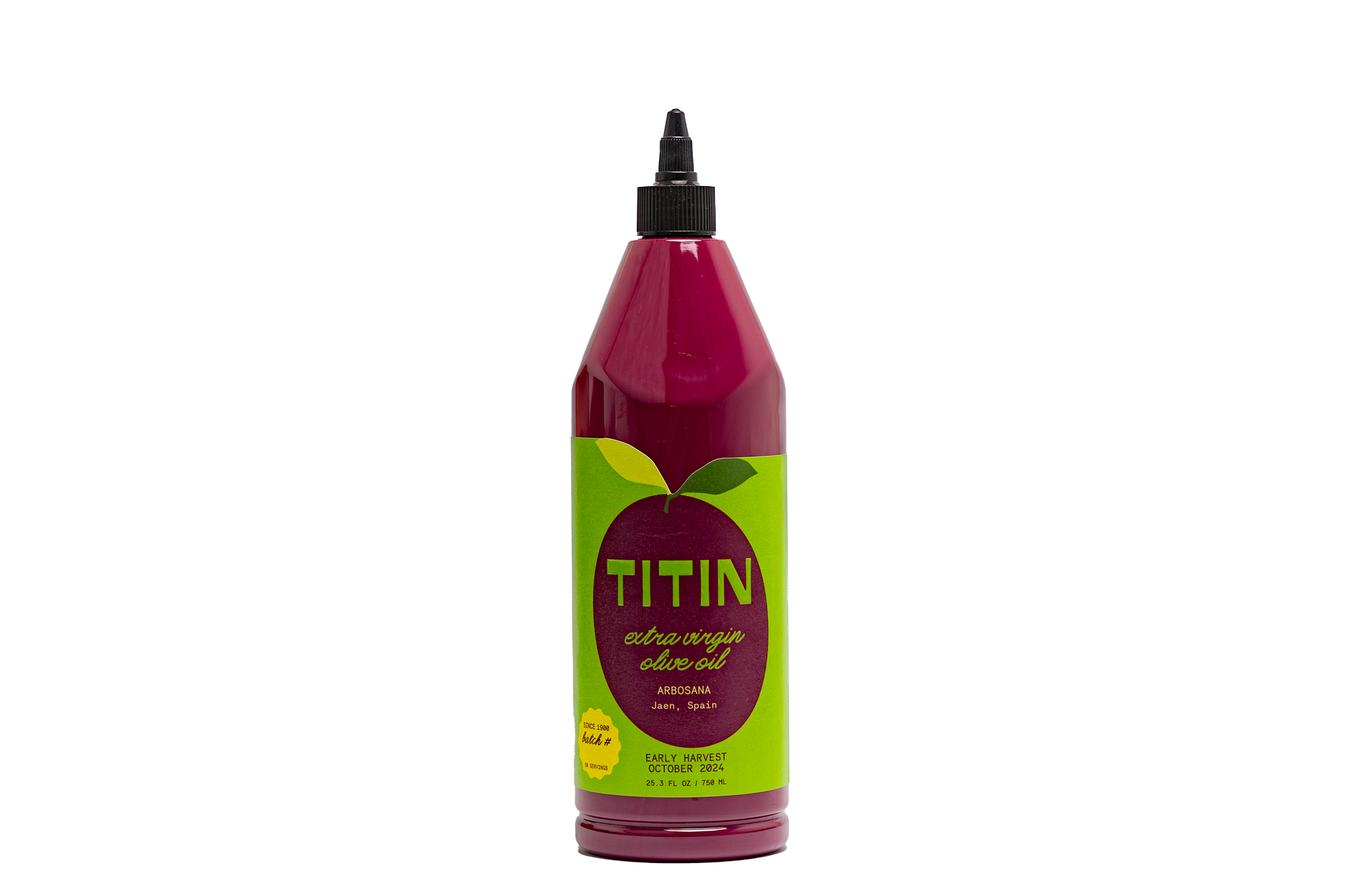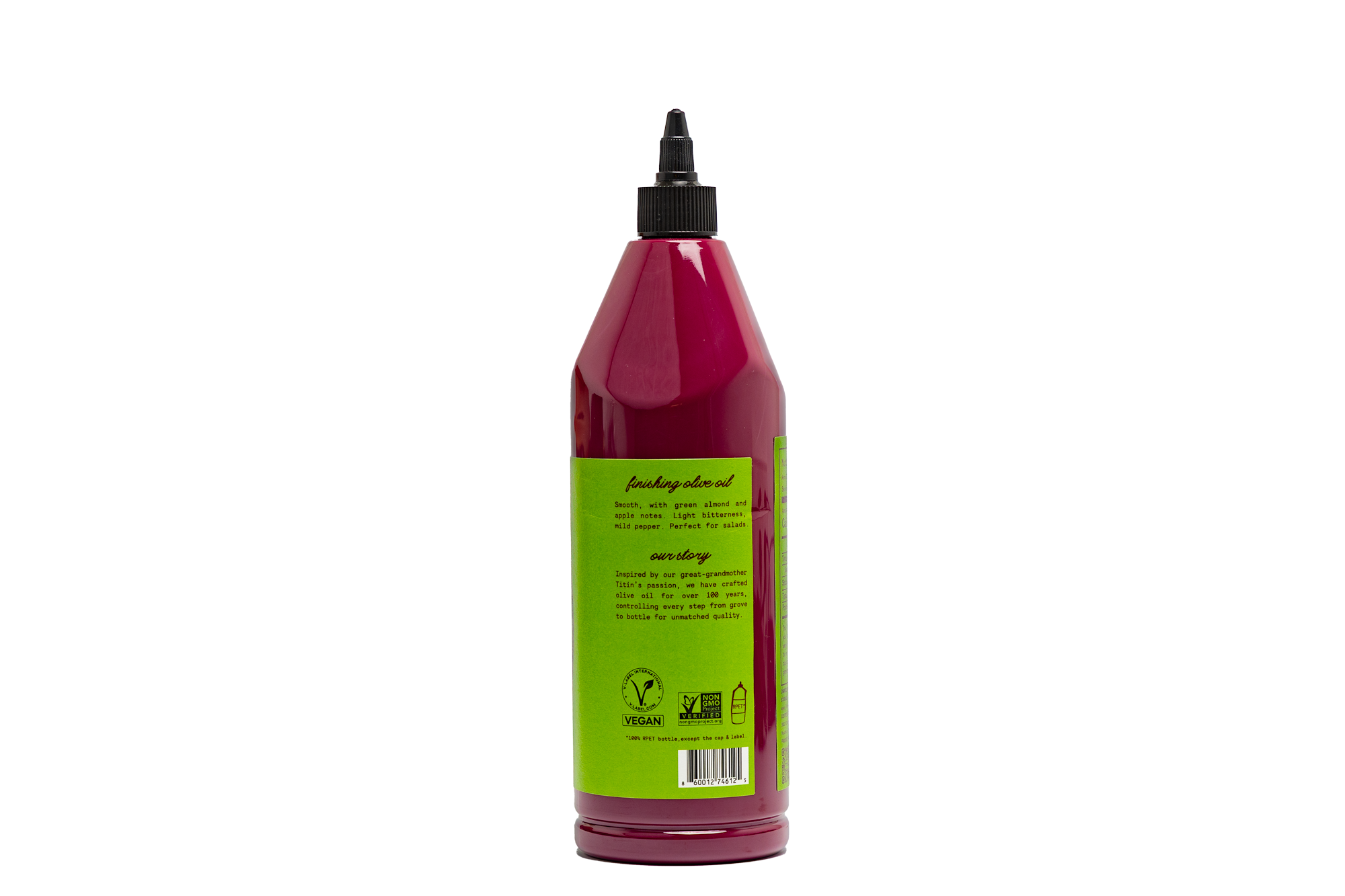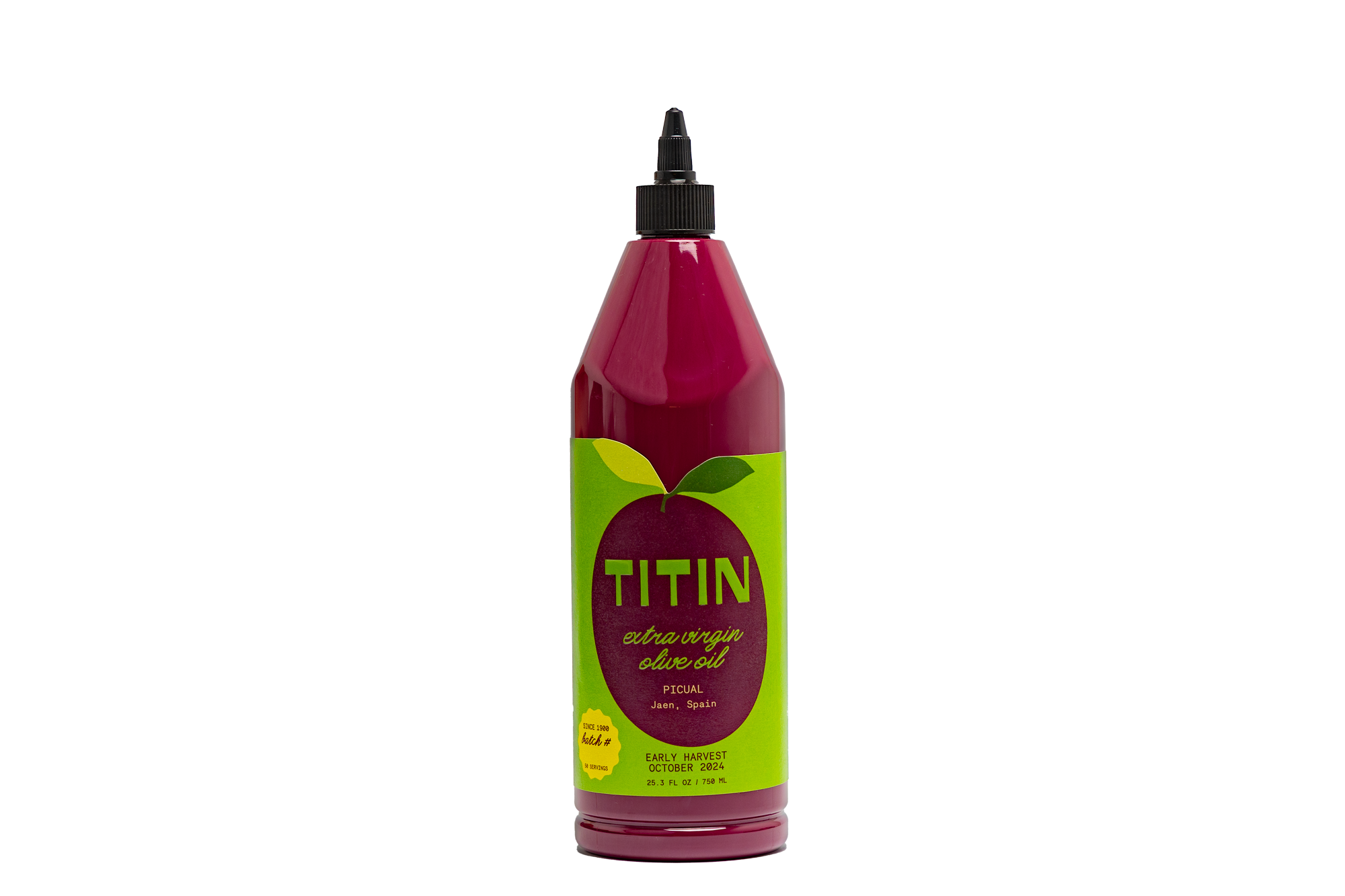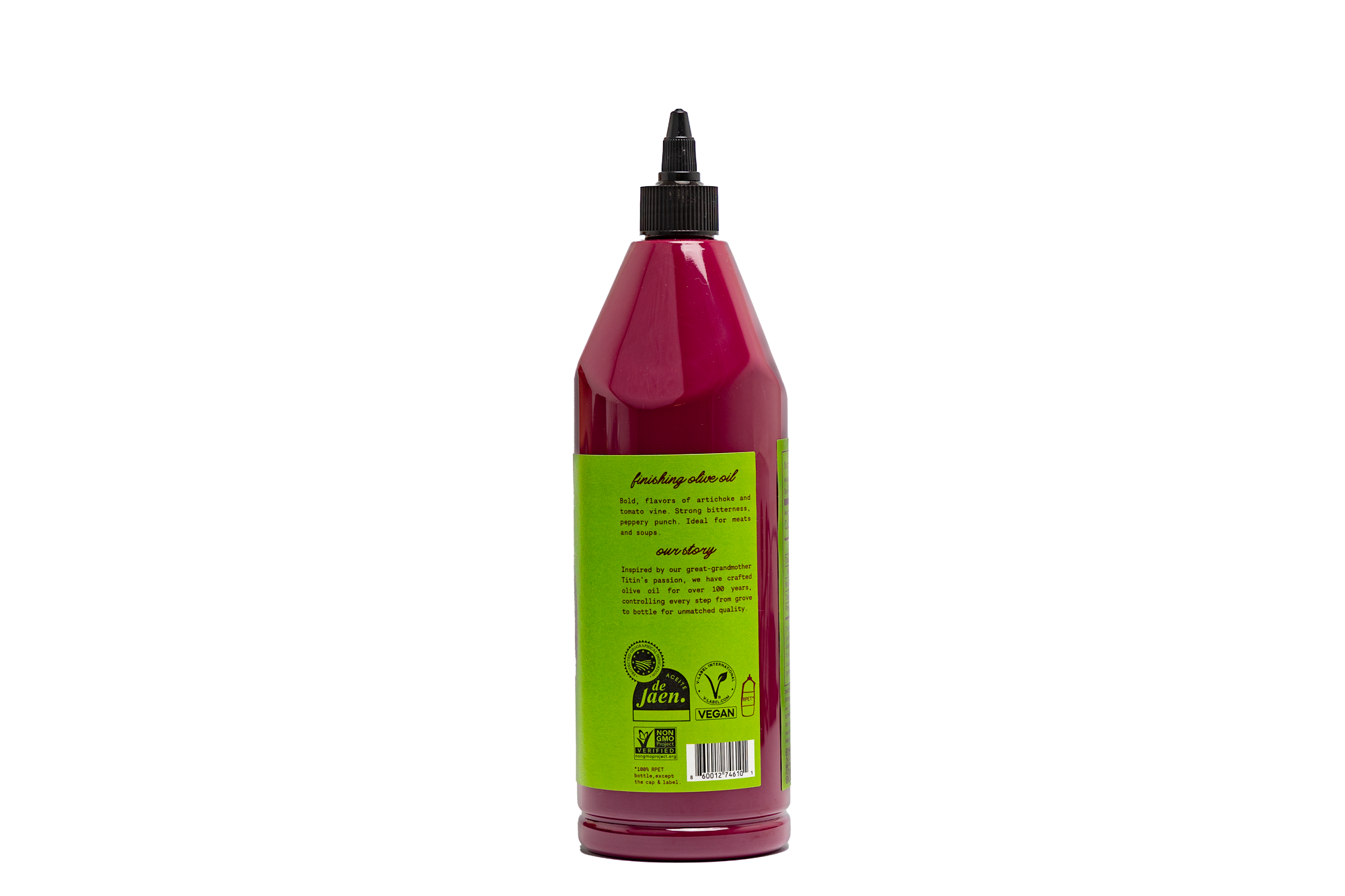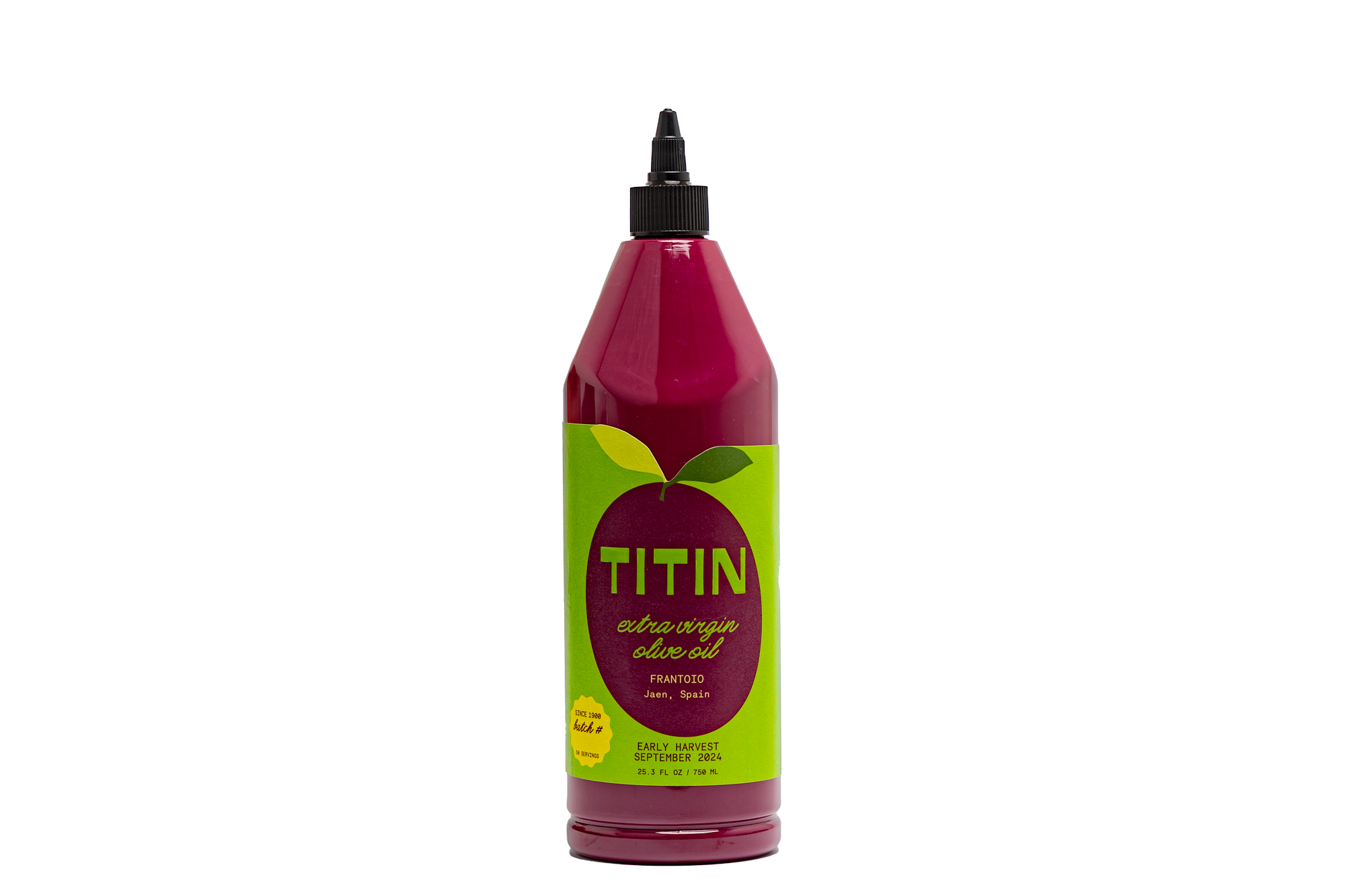Is Olive Oil a Seed Oil? Understanding the Difference and Health Implications
In recent years, the question "Is olive oil a seed oil?" has gained prominence, especially amid growing concerns over the health implications of various oils. To clarify, no, olive oil is not a seed oil. It is a fruit oil, extracted from the flesh of the olive fruit, specifically the mesocarp (middle layer) of the olive. This method contrasts sharply with seed oils, which are derived from the seeds of plants and often undergo extensive processing.
What Are Seed Oils?
Seed oils, such as canola, soybean, sunflower, and corn oil, are extracted from the seeds of plants. The extraction process typically involves high heat and the use of chemical solvents, which can strip the oil of beneficial nutrients and introduce potentially harmful compounds. These oils are often refined, resulting in a neutral flavor and higher smoke point, making them popular for industrial cooking.
Olive Oil vs. Seed Oils: A Comparison
| Feature | Olive Oil (Extra Virgin) | Seed Oils (e.g., Canola, Soybean) |
|---|---|---|
| Source | Olive fruit (mesocarp) | Plant seeds |
| Extraction Method | Cold-pressed, mechanical | High-heat, chemical solvents |
| Acidity Level | ≤0.8% | Varies; often higher |
| Nutrient Retention | High (antioxidants, polyphenols) | Lower due to processing |
| Flavor Profile | Fruity, robust | Neutral |
| Smoke Point | Moderate (~375°F / 190°C) | High (~450°F / 232°C) |
| Health Benefits | Anti-inflammatory, heart-healthy | Mixed; depends on processing |
Health Implications: Olive Oil vs. Seed Oils
Olive oil, particularly extra virgin olive oil (EVOO), is renowned for its health benefits. It is rich in monounsaturated fats, antioxidants, and polyphenols, which have been linked to reduced inflammation and a lower risk of heart disease. In contrast, many seed oils are high in omega-6 fatty acids and undergo processing that can lead to the formation of harmful compounds. Choosing high-quality olive oil over seed oils can be a healthier option for cooking and consumption.
Frequently Asked Questions
Can olive oil be used for high-heat cooking?
Yes, extra virgin olive oil has a moderate smoke point (~375°F / 190°C), making it suitable for most cooking methods, including sautéing and baking. However, for deep frying, refined olive oil or other oils with higher smoke points may be preferable.
Is all olive oil the same?
No, olive oil varies in quality. Extra virgin olive oil is the highest quality, made from the first cold pressing of olives without the use of heat or chemicals. Virgin olive oil is also cold-pressed but may have slightly higher acidity and fewer antioxidants. Refined olive oil is processed to neutralize flavors and remove impurities. It's important to learn how to choose the right olive oil.
Are seed oils bad for health?
The health implications of seed oils are debated. While some studies suggest that excessive consumption of omega-6 fatty acids from seed oils may contribute to inflammation, other research indicates that when consumed in moderation, seed oils can be part of a healthy diet. It's essential to focus on a balanced intake of fats and prioritize whole, unprocessed foods.
Conclusion
Understanding the differences between olive oil and seed oils is crucial for making informed dietary choices. Opting for high-quality extra virgin olive oil ensures you are consuming a product that is both flavorful and beneficial to your health.
Experience the Purity of Titin Extra Virgin Olive Oil
Discover the rich flavors and health benefits of Titin Extra Virgin Olive Oil. Cold-pressed and free from additives, it's the perfect addition to your kitchen. Order now and taste the difference!


